The beginning of 2020 brought about the end of a decade – a time to reflect on the past and create hopes and dreams for the future. However, we quickly learned that this year was not likely to make good on the promise and hopes we set. Instead, 2020 taught us to stay flexible and adapt, and through enduring many trials, it reminded us of just how strong we are. As we near the end of 2020, we again set our sights on the year to come, closing the chapter on a year that has been fraught with many stressors, both planned and unplanned.
As the virus drew national and international attention in its spread to all corners of the globe, our response to it has moved through many stages as our ability to cope has been tested.
The Unrest Begins
The first wave – the onset of the virus – created an environment full of fear and uncertainty about how our lives would be affected and for how long. From that fertile ground quickly rose seeds of dissent, anger, and frustration about how others handled themselves during this time and the extent of the precautions they were (or were not) taking.
The messaging shifted very quickly, encouraging us to “look at the bright side” and seek opportunities for growth and advantages offered by this worldwide reset. Lurking underneath this mask of our “new normal,” however, there still existed plenty of distress: depression, hopelessness, anxiety, insomnia, and for some, traumatic stress, and suicidal thoughts.
On August 14th, 2020, a CDC study reported that 40% of US adults reported symptoms of depression, anxiety, or increased substance use, with 10.7% reporting having suicidal thoughts in the past 30 days. This represented a substantial increase from past studies.
Stress Continues
As the pandemic has worn on and we watch “the numbers” rise, our sense of helplessness has become difficult to counter in the face of the year’s many challenges. The losses we suffered began to stack up. Starting with a worldwide shift that called for us to stay at home, facing necessary adaptations to age-old traditions, economic unrest, educational changes, workplace reform, and disconnection from those around us, we have arrived at is a completely changed way of life.
This changed way of life has led to many new stressors: many Americans have lost their homes, jobs, and businesses, just as they have also lost their standard ways of coping with it. What is more, many young adults lost their identity as goals they had worked years towards achieving were lost to the pandemic. Even for those where the real casualties have been minimal, many of these factors’ cumulative stress creates profound effects.
The Vulnerable Among Us
While everyone is understandably affected by the virus, some communities remained disproportionately vulnerable to its effects, including Blacks, Hispanics, the elderly, people of lower socioeconomic status of all races, and health care workers.
For them, this is a crisis of physical health and takes a toll on their mental health. From these conditions, three months into the pandemic, the Black Lives Matter movement reignited and brought further unrest and unease to our already tenuous state.
Further on into the year, as we prepared for a 2020 presidential election, even basic public health strategies such as testing, quarantining, and wearing masks have become politicized. Civil political discussions moved to a hostile online environment, and we feel distant and unrecognizable to those with an opposing view.
Substance Misuse and Our Mental Health
The pandemic challenges exist in isolating us from others and the very solutions to deal with our stresses. In protecting our physical health, social distancing, and stay-at-home measures deeply affected our mental health. This is especially true for those with substance use disorders or those who are in recovery from them.
We have learned time and time again from speakers such as Johann Hari that the opposite of addiction is not sobriety; it is human connection. The strain of isolation takes a particular toll on us, whether our problematic relationship with substances began before or after the pandemic started.
Those who already were in active addiction – now isolated from their support services – have begun to use their pre-programmed coping skill to deal with the new stresses they face. Those who may not previously have had a problem have now found themselves reliant on alcohol or other drugs to make it through the day, to calm their anxieties, or to pass the time.
Hope in 2020 and Beyond
Although the challenges of this time are genuine, it is essential to realize that while the ways you may have traditionally received support are no longer available, the counseling and treatment world has adapted right along with the virus. We understand intimately the losses associated with this pandemic: the loss of life, of how we do things, and of when things were more comfortable.
However, those of us in the recovery community are also no stranger to learning to adapt and learning to carve out a new way of life for ourselves. We are familiar with making the difficult choice to avoid numbing, exploring our past, and walking the path that will lead us to experience happiness and fulfillment ultimately.
At Villa Kali Ma, we want to hold onto hope for you that things will get better, and with clinical expertise and holistic healing methods, we want to show you the way. Contact us today to learn more about our trauma-informed and sustainable treatment programs.

